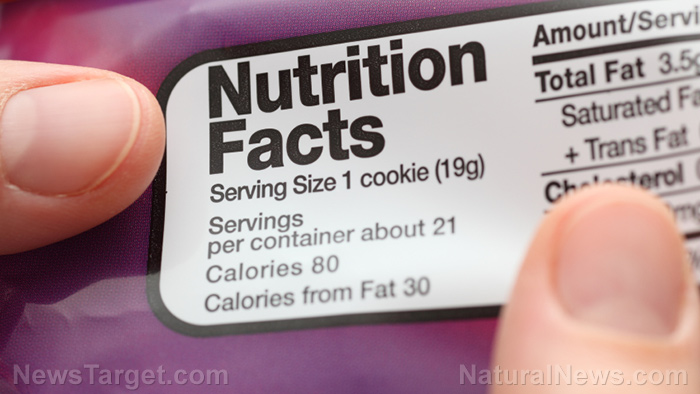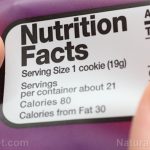
DSM files an FDA petition suggesting that brands use simpler vitamin names instead of their chemical ones
Monday, June 18, 2018 by Carol Anderson
http://www.fda.news/2018-06-18-dsm-files-fda-petition-simpler-vitamin-names.html

Purchasing vitamins and supplements can be hard, especially for people who do not have a background in medicine. This is due to the complicated and unfamiliar names of vitamins and nutrients printed on packaging.
According to DSM Nutritional Products, the long, hard-to-pronounce names are scaring consumers away, specifically because they don’t know exactly what they might be getting. Because of this, the Dutch multinational company filed a citizen petition to the U.S. Food and Drug Administration (FDA).
The document forwarded to the food authority agency suggested making an amendment allowing companies to put the simpler and more common name of vitamins instead of the chemical ones. DSM said this is an initiative to “appease consumers looking for recognizable ingredients.”
The petition stated, “Because of a lack of familiarity with chemical vitamin nomenclature on a pack, consumer are at increased risk of not purchasing vitamin-fortified and enriched foods.” For example, vitamin B12 can be put in the Nutritional Facts Panel instead of cyanocobalamin.
To back their petition, DSM included a Natural Marketing Institute (NMI) survey which showed that 54 percent of buyers want a short list of ingredients which they are familiar with. (Related: Vitamins can reduce the symptoms and duration of the flu and provide natural immunity from viral and bacterial infections.)
FDA commissioner Scott Gottlieb mentioned the issue during one of his speeches. “It shows that DSM’s citizen petition got the attention of the higher-ups of FDA, and it’s always reassuring to know that they’re reading out comments and citizen’s petition,” Duffy MacKay, ND, senior vice president of scientific and regulatory affairs at the Council for Responsible Nutrition (CRN).
Furthermore, the petition was supported by the U.S.-based food company, General Mills. In a statement, the company said that there are more consumers looking for a short list of familiar ingredients on their purchases.
Although the appeal has gained huge support from different companies, Marion Nettle, Paulette Goddard Professor of Nutrition, Food Studies, and Public Health at New York University, expressed her disagreement over a part of DSM’s statement.
According to her, DSM’s words are not accurate. She said, “This is a risk? DSM might disagree, but I see little evidence for a widespread deficiency in the U.S.”
She clarified that she’s all for promoting clarity in nutritional information, but revealed she prefers that the vitamins be named as they are such as thiamine, riboflavin, and niacin, and not terms like vitamin B.
Nettle added, “What DSM is proposing clutters the label even more than it is now cluttered and is unlikely to benefit the public on any meaningful way.”
A quick guide to common food nutritional facts
The following are some of the most common vitamins and nutrients found in foods.
- Vitamin B1 — Thiamine
- Vitamin B2 — Riboflavin
- Vitamin B3 — Nacin
- Vitamin B5 — Pantothenic acid
- Vitamin B6 — Pyridoxine
- Vitamin B9 — Folic acid
- Vitamin B12 — Cobalamin
- Vitamin H — Biotin
- Vitamin C — Ascorbic acid
- Vitamin A — Retinoids
- Vitamin D — Calciferol, 1,25-dihydroxy vitamin D
- Vitamin E — Tocopherol
Learn more about appeals and drug approvals at FDA.news today.
Sources include:
Tagged Under: Tags: citizen's petition, FDA, food, nutrients, Nutritional Facts Panel, nutritional information, nutritional value, supplements, transparency, vitamins





